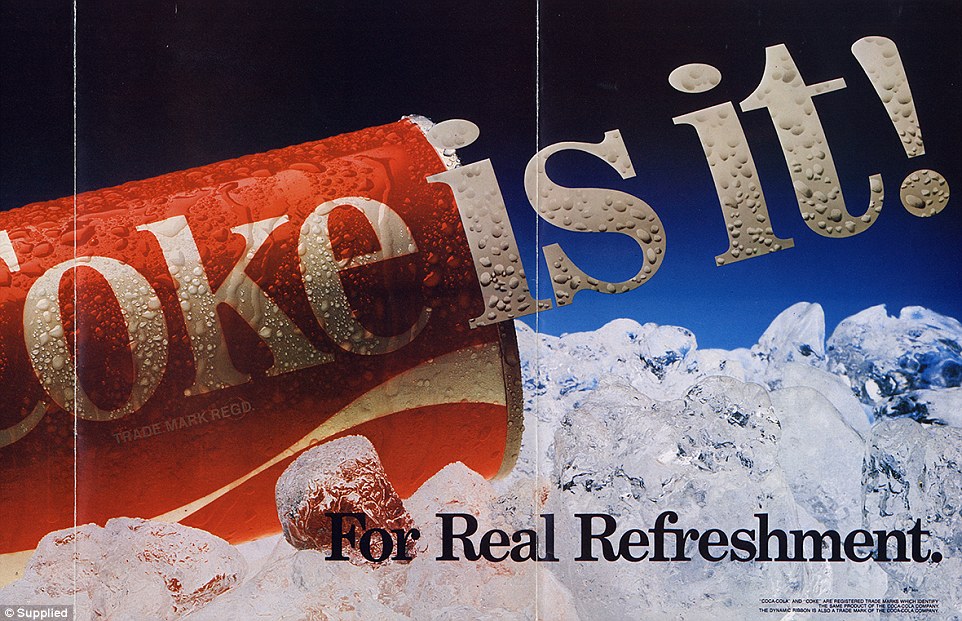
Companies promoting their products can both advantageous and problematic for the consumer, as they may gain an awareness of something which they would appreciate but may also be misled about the potential value. However, there is perhaps a stronger argument to be made for the latter, as will now be discussed.
Primarily, most advertising focuses solely on the positive aspects of a product or service, giving a biased point of view about its effectiveness or impact. A clear example of this can be seen with car advertisements, which show the vehicle being driven on open roads, free of other traffic on a beautiful day in stunning surroundings. The clearly does not represent the reality of car ownership, and in this case may encourage people to purchase the car under false pretenses.
In addition, there are a number of products that will be purchased simply because the advertising suggests that this is the way for social acceptance. A simple product like a shaving razor for example. Often shows successful men surrounded by women, prompting the viewer to conclude that purchasing their product will automatically transfer this degree of popularity.
On the other hand, there are some products which are of great value, but the public would not be aware of without promotion. An example here would be health related products, such as medication to boost the immune system, thus potentially preventing illnesses such as the common cold. However, this is also prone to exaggeration and unrealistic expectations are sometime drawn from excessive advertising.
In sum, advertising that simply introduces a product with a benefit is acceptable, whereas promotional media that is not realistic is likely to encourage people to spend money and irrelevant articles.